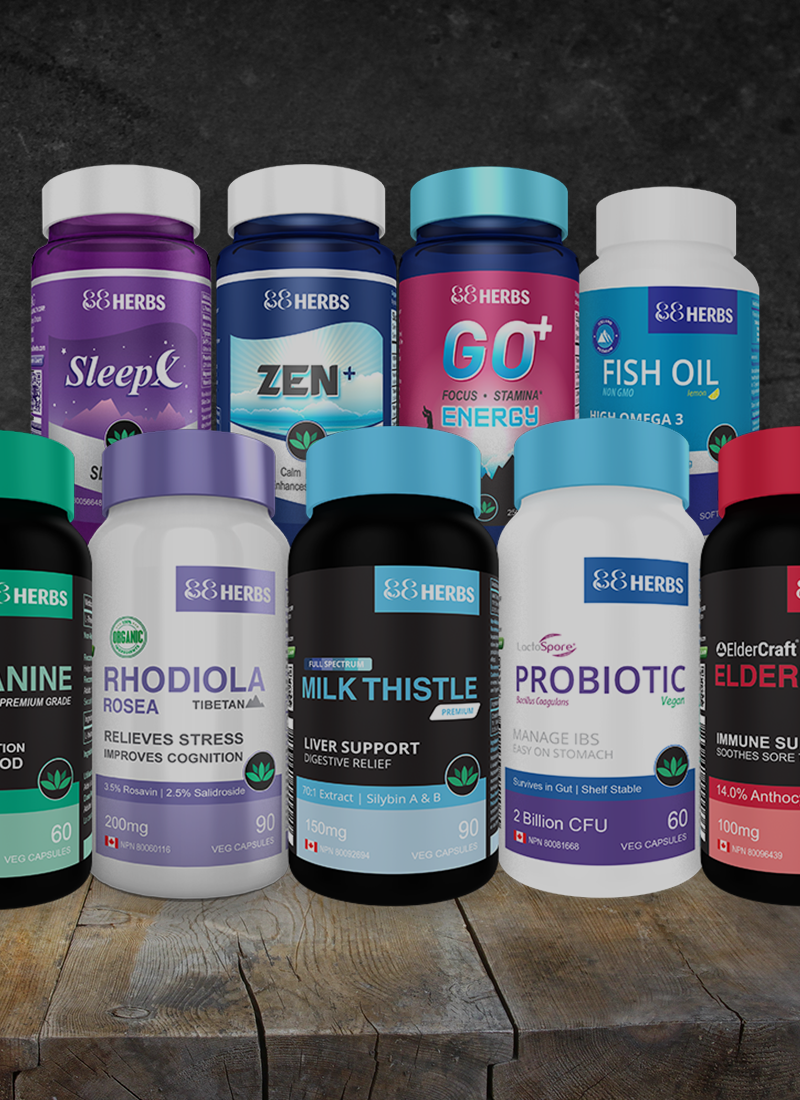Zinc and Testosterone Overview: Why Zinc Bisglycinate is the Best Form
Zinc is an essential mineral that is involved in hundreds of bodily processes, including the production of testosterone. Testosterone is a hormone that is important for muscle growth, bone density, and other physical characteristics that are typically associated with men. A number of studies have shown that zinc deficiency is linked to lower testosterone levels, and that zinc supplements can significantly increase testosterone levels in men who are zinc deficient.
Does supplementation with zinc actually increase testosterone?
Let’s look at 4 scientific studies:
www.asep.org/asep/asep/BrillaV2.PDF
The first study involved 57 football players who took zinc (monomethionine aspartate), magnesium (aspartate), and vitamin B6 supplements for 8 weeks.
The results showed that the supplements improved muscle strength and power vs placebo.
The study also found that 30 mg of zinc per day significantly raised free testosterone levels.
Another study measured the relationship between cellular zinc levels and testosterone in 40 men of various ages, ranging from 20 to 80 years old. The study found that lower zinc levels were associated with lower testosterone.
The study restricted zinc in the diets of young men, and noticed a significant drop of 50% in their testosterone levels after only 5 months.
It also found that giving zinc supplements to older men who had marginally low zinc levels literally doubled their testosterone levels.
This suggests that zinc is important for regulating testosterone levels in men, and that zinc supplements can help increase testosterone levels in men who are zinc deficient.
This study suggests that up to a point, higher zinc levels will lead to higher levels of testosterone.
Note: It is important to understand that it is very easy to overdo it with zinc. You need to make sure you don’t have too much, as that will lead to zinc toxicity and other side effects like nausea and vomiting, and also lowering levels of copper and iron in the body.
https://pubmed.ncbi.nlm.nih.gov/16648789/
A third study measured both thyroid hormone and testosterone levels in 10 wrestlers before and after they supplemented with oral zinc sulfate for four weeks. The researchers found that exhaustion exercise led to significant inhibitions of both thyroid hormone and testosterone concentration.
They also found that resting and exhaustion testosterone levels were higher after four weeks of zinc supplementation compared to before zinc supplementation.
This suggests that zinc supplementation can help improve performance in wrestlers by increasing testosterone levels.
https://pubmed.ncbi.nlm.nih.gov/17984944/
This fourth study was similar to the 3rd study, but it was performed on 10 sedentary men instead of well-trained wrestlers. The researchers measured thyroid hormone and testosterone levels in 10 sedentary men before and after they were supplemented with oral zinc sulfate for four weeks.
In this study as well as the previous one, researchers found that resting and fatigue testosterone levels were higher after four weeks of zinc supplementation compared to before zinc supplementation.
This suggests that zinc supplementation can help improve performance in sedentary men by increasing testosterone levels.
Free and Total Testosterone:
You may have noticed that some studies mentioned zinc supplementation increased “free testosterone” and some studies said that zinc increased “serum” testosterone.
Free testosterone is the biologically active form of testosterone. This is the testosterone that your body is using at any given time.
Total testosterone (same as serum testosterone) is a measure of your free testosterone, plus the testosterone that is bound to proteins.
Free testosterone accounts for only 1 – 3 % of your total testosterone. Having low free testosterone is actually a more accurate predictor of physical side effects of “low testosterone” than total testosterone.
Different tests measure free testosterone or total testosterone. Both are important to understand, and they refer to different things.
The studies above show that zinc can increase both free and total testosterone.
What is the best form of zinc for increasing testosterone?
We recommend non buffered zinc bisglycinate, but this is an interesting question. It takes some understanding of all the scientific knowledge we have at this point to come to a reasonable conclusion.
Proper scientific studies are expensive, and there aren’t many of them. You may have noticed that in the studies listed above, they used different forms of zinc and compared them to a placebo when evaluating their effects on testosterone. They didn’t compare one form of zinc to another form of zinc.
So if they are using different forms of zinc in the studies, how do we know which is best?
Fortunately, we have other scientific studies that do compare the bioavailability(absorption) among various forms of zinc. Read this article to understand why zinc bisglycinate is a great form of zinc supplementation (includes scientific studies)
In terms of the best form of zinc for increasing testosterone, zinc bisglycinate is a highly bioavailable form of zinc that is easily absorbed by the body. This means that the body can easily use the zinc from this form of supplementation, making it a good choice for increasing testosterone levels.
Another reason zinc bisglycinate is a great form is that other forms of zinc can easily cause nausea and stomach upset. Non-buffered zinc bisglycinate at recommended doses will not. Read more here about zinc and nausea.
Quick note:
Zinc bisglycinate and zinc glycinate are 2 names for the same thing. Don’t be confused. You do want to make sure that the zinc bisglycinate you are getting is “non-buffered”. Non buffered zinc means that no inferior forms of zinc have been mixed into the final product. Non buffered zinc bisglycinate means 100% pure zinc bisglycinate.
Important point: Low zinc may increase estrogen.
Low zinc leads to an increase in estrogen receptors and a decrease in androgen receptors. Low levels of zinc may also lead to the aromatization of testosterone into estrogen. This can lead to men having puffy nipples and other unwanted side effects of estrogen.
How much zinc should I take if I want to increase testosterone?
The recommended daily intake of zinc for men is 11 mg, and the safe upper limit is 40 mg of zinc daily.
Read this for more information on zinc, with links to official government websites on recommended and safe dosing.
What happens if you take too much zinc?
If someone has too much zinc in their body, a condition known as zinc toxicity can occur. Symptoms of zinc toxicity can include nausea, vomiting, stomach pain, and diarrhea. In severe cases, zinc toxicity can lead to liver and kidney damage, and in extreme cases, it can be fatal. It is important to speak with a healthcare provider if you think you may have zinc toxicity, as they will be able to provide proper treatment. It is also important to follow recommended guidelines for zinc intake to avoid consuming too much.
Conclusion:
- Zinc is an essential mineral that is involved in hundreds of essential bodily processes, including the production of testosterone.
- Several scientific studies have shown that zinc deficiency is linked to lower testosterone levels, and that zinc supplements can increase testosterone levels in men who are deficient in zinc.
- Low zinc leads to an increase in estrogen receptors and a decrease in androgen receptors. Low levels of zinc may also lead to the aromatization of testosterone into estrogen. This can lead to men having puffy nipples and other unwanted side effects of estrogen.
- Zinc bisglycinate has the highest bioavailability (absorption) of any form of zinc on the market. It is easily absorbed by the body, making it the best choice for increasing testosterone levels. It also causes the least amount of side effects.
- Supplemental zinc will significantly increase the levels of free and total testosterone for a male, up to a point. Be careful not to take more than the recommended upper limit of zinc daily (especially for prolonged periods of time) or you can experience significant side effects like nausea, vomiting, zinc toxicity, and losing too much copper and iron.

Andrew Best
Cofounder - Director of R&D
Andrew educates consumers about the latest scientific research in the natural health supplement field.


